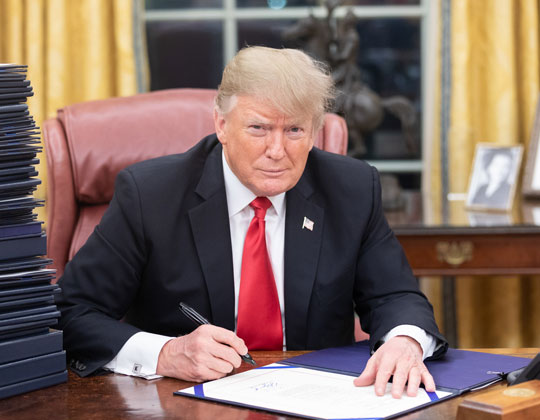When it’s time for the annual campus wide event, Pan-Afrikan Week it means step shows, comedy shows, and many other opportunities for students to enjoy and learn about African-American culture. However, too many students do not know what the term Pan-African actually means, and why N.C State’s events do such a great job of celebrating the idea of Pan-Africanism.
Pan-African is a term derived from the idea of Pan-Africanism, which Random House Dictionary defines as “the idea or advocacy of a political alliance or union of all African nations.” According to MSN Encarta, there have been two different historical movements known as Pan-Africanism; first, the idea of continental Pan-Africanism, which deals with the goal of uniting all of the states on the African continent into one.
Second, there is the idea of diaspora Pan-Africanism, which is focused on celebrating the common bond and unity of all of the people of African descent who have been spread across the world after the African diaspora. The festivities of Pan-Afrikan Week are an example of the second type of Pan-Africanism.
The earliest example of Pan-Africanism occurred in London when a lawyer from Trinidad, Henry Sylvester Williams, organized a Pan-African conference to talk about the issues that affected blacks in the English territories and countries around the world, according to MSN Encarta. The next major Pan-African meeting, known as the Pan-African Congress, was led by the acclaimed African American scholar, W.E.B. Dubois, in Paris in 1919. The main issues for this meeting focused on the treatment of black soldiers who had returned from World War I, and new German territories captured by the Allies during the war.
Dubois held more meetings of the Pan-African Congress, during the decade, and he proved instrumental in making the Pan-African ideal more popular. Perhaps just as important as Dubois to the proliferation of the Pan-African mindset was Marcus Garvey. Garvey founded the Universal Negro Improvement Association (UNIA). The UNIA and Garvey himself espoused a message of black pride and unity that was extremely popular in its time.
In the 1960’s, Pan-Africanism continued to gain power as a political ideal; Malcolm X declared that American blacks would not be free, not only as long as they suffered racism in America, but also as long as the African continent was not free.
Perhaps no better example of the presence of Pan-African sentiment in today’s world was better represented than the worldwide reaction to the election of Barack Obama. There were celebrations, not only in the United States, but also a national holiday declared in Kenya, where President Obama’s father was from.
Today, Pan-Africanism does not hold the same political power it once maintained in the African-American mainstream, but it does remain as a powerful social concept. The idea means that African-Americans can feel a connection to the accomplishments and activism of not only other Americans, but that they can also feel pride in the accomplishments of people of African descent across the world, like French soccer player, Thierry Henry’s fight against racism, or the struggle of Darfurian refugees against oppression and murder in Sudan. The festivities of Pan-Afrikan Week are a great way for students at N.C. State to explore and celebrate the connection between African-Americans and people of African descent all over the world.






